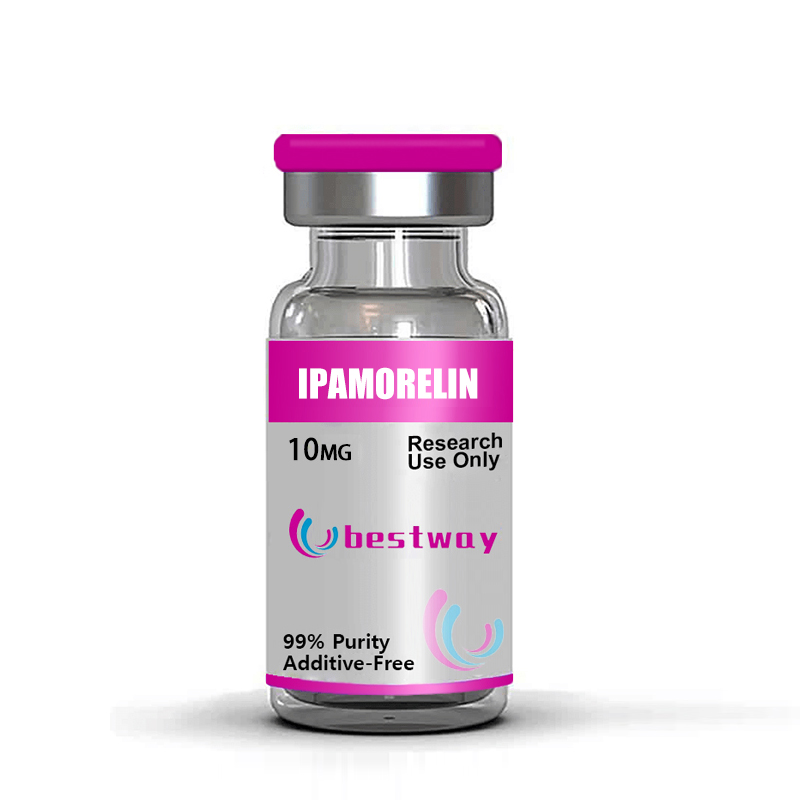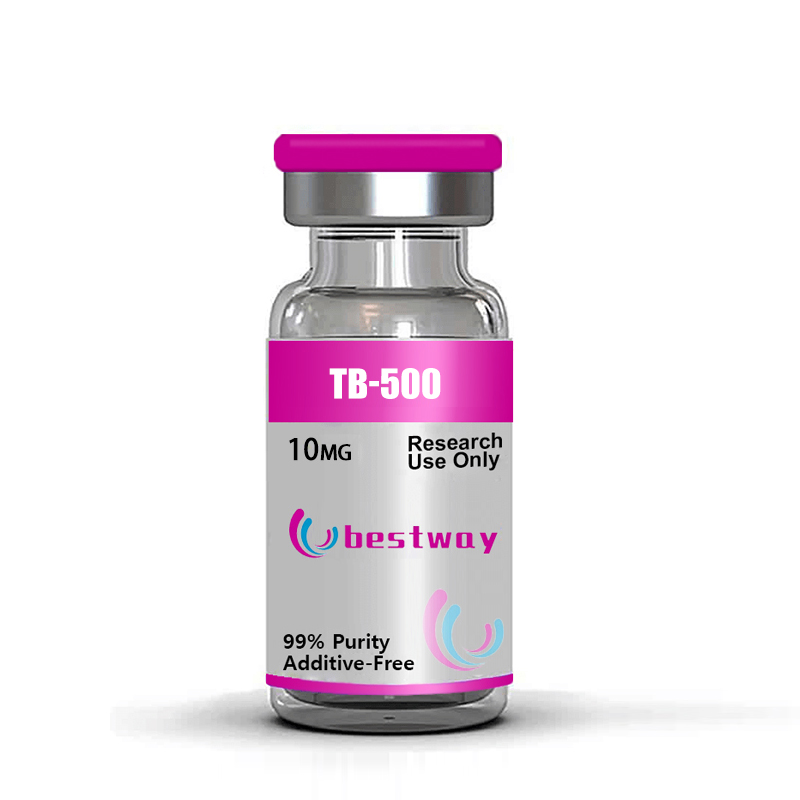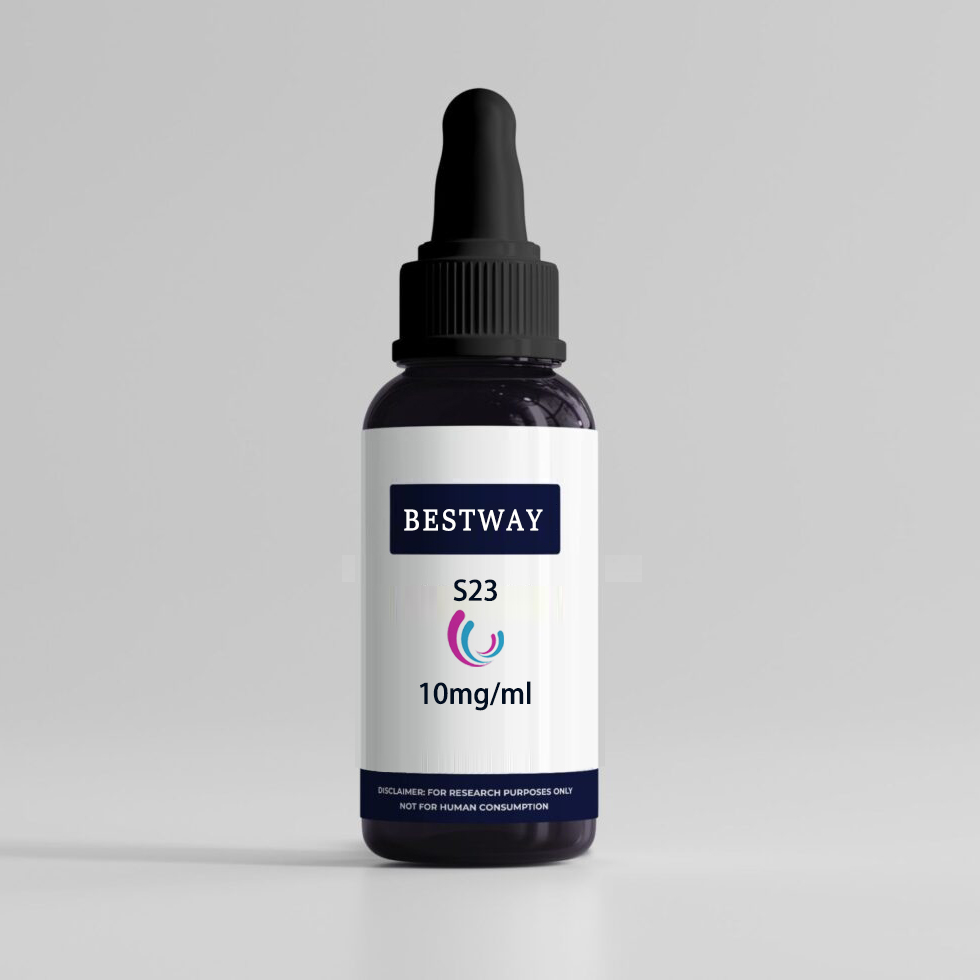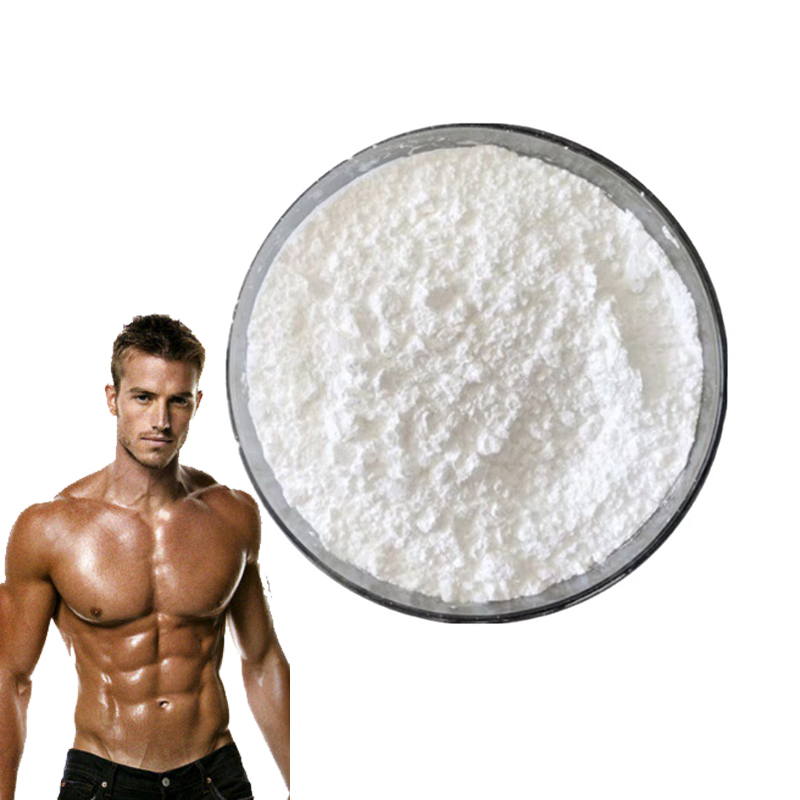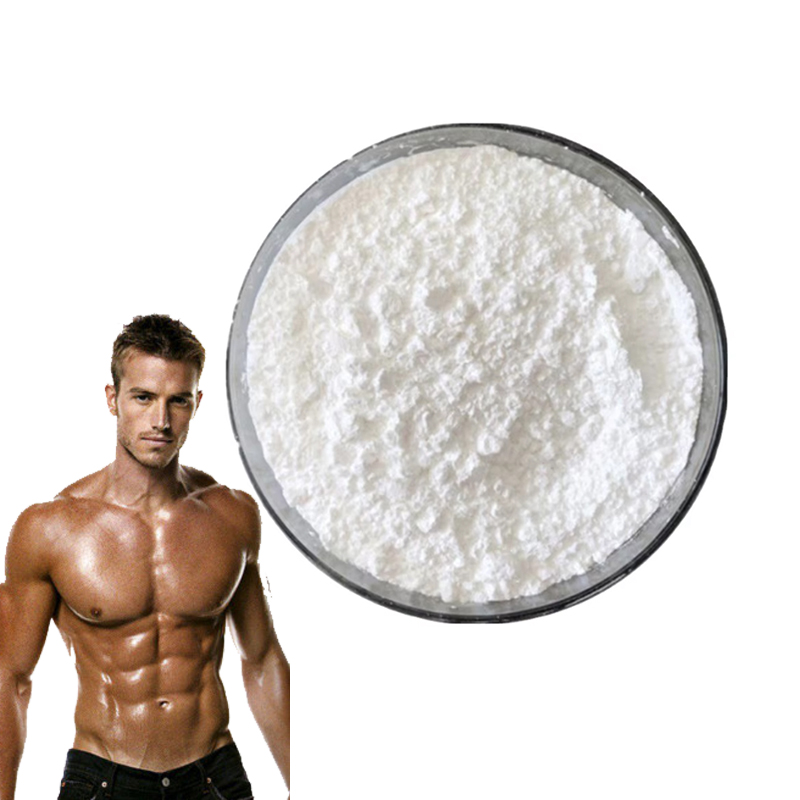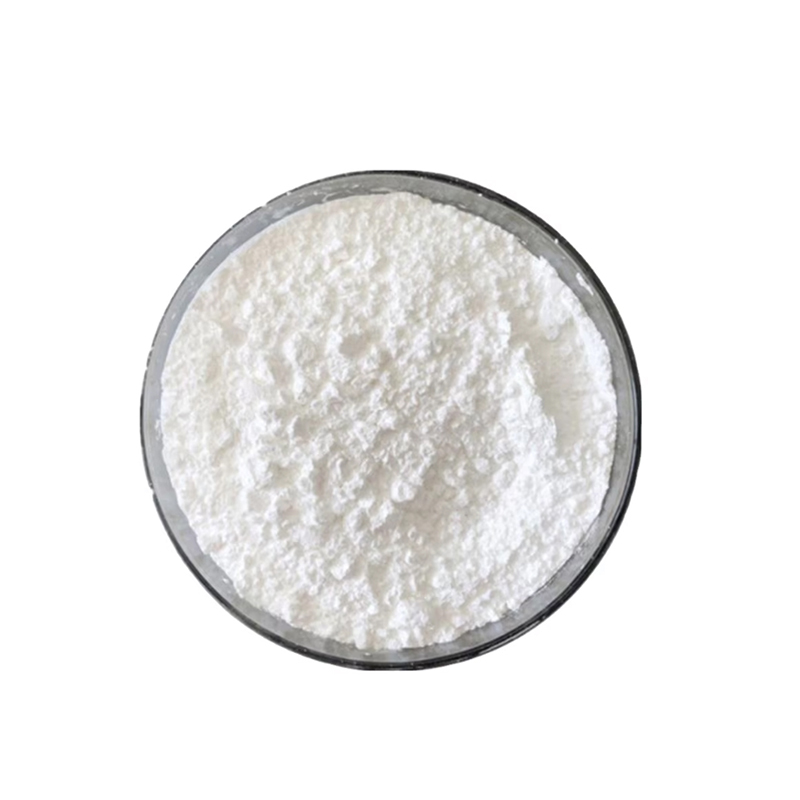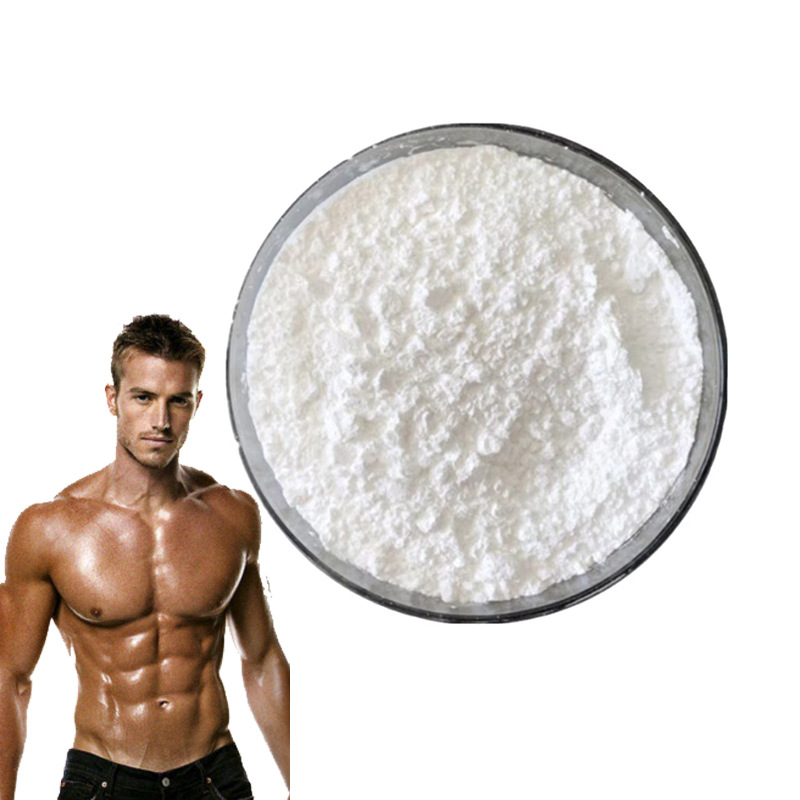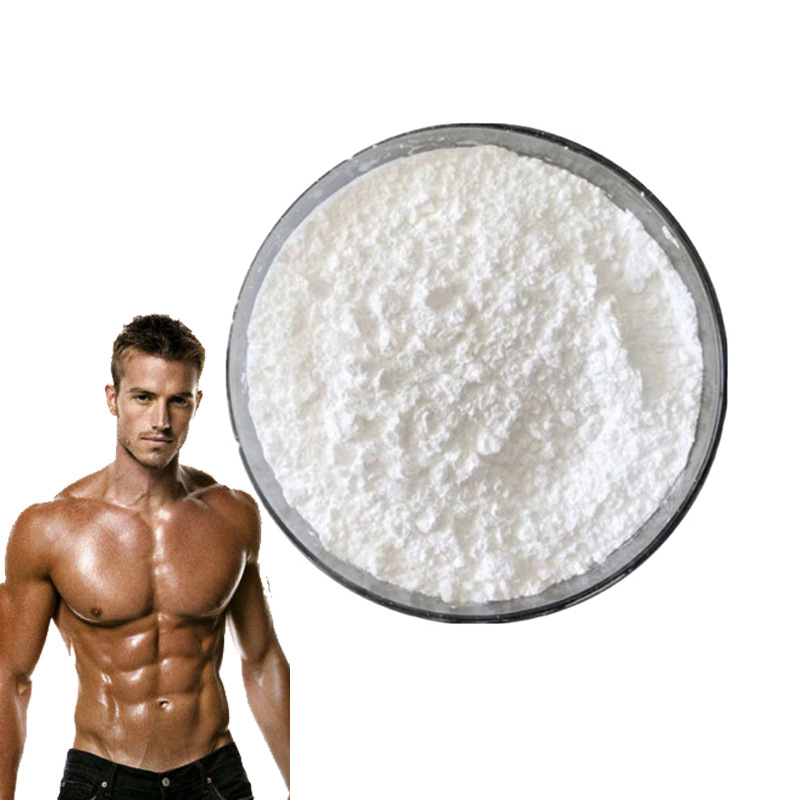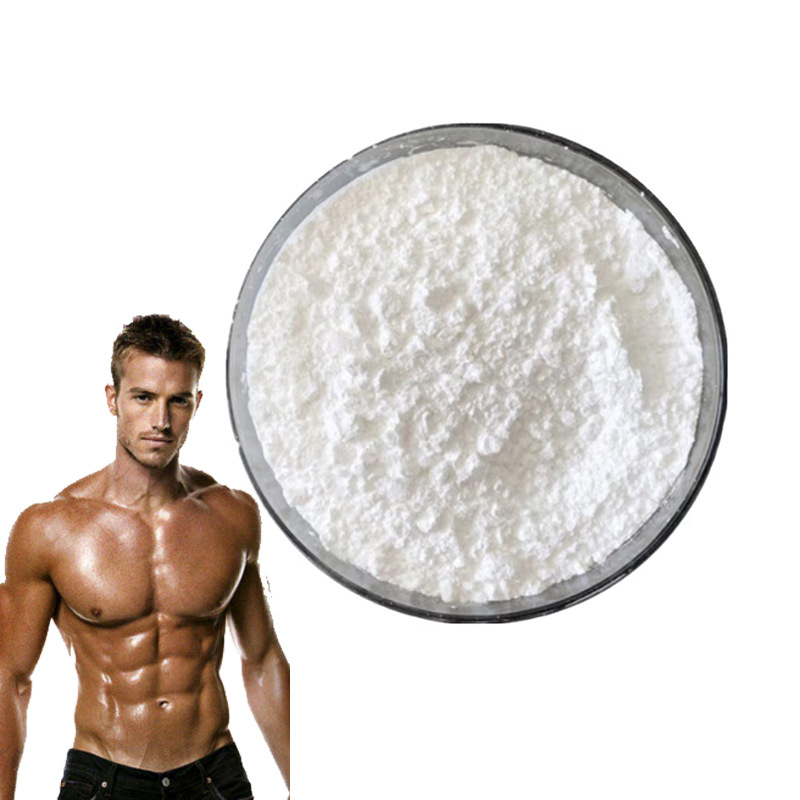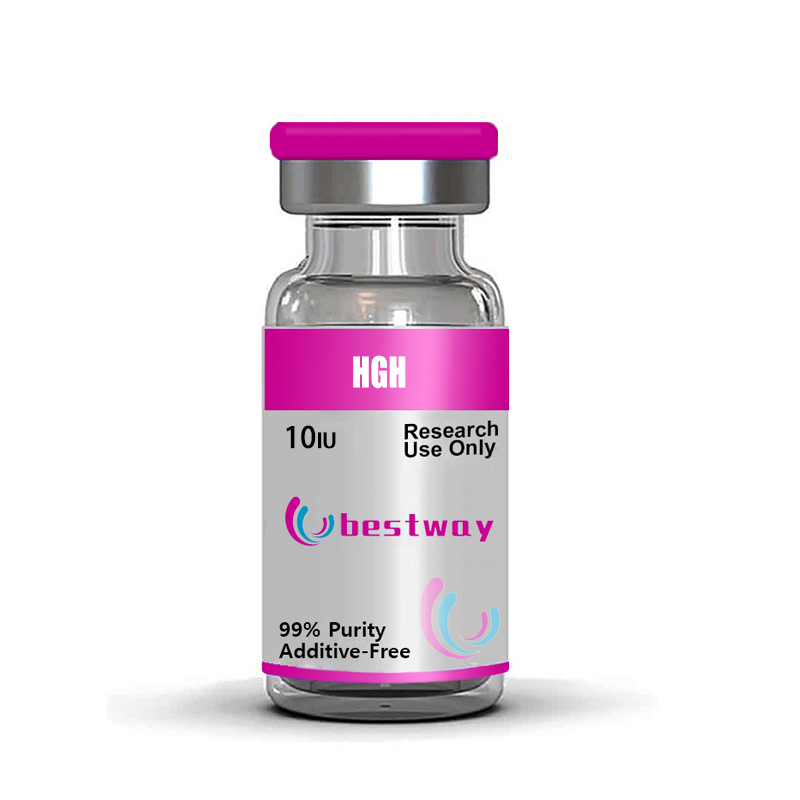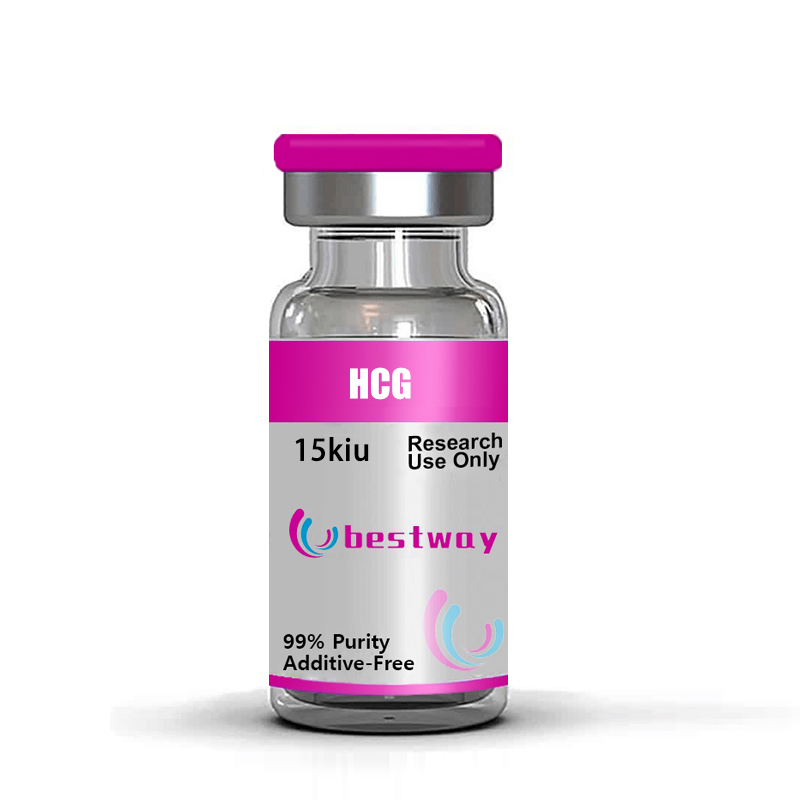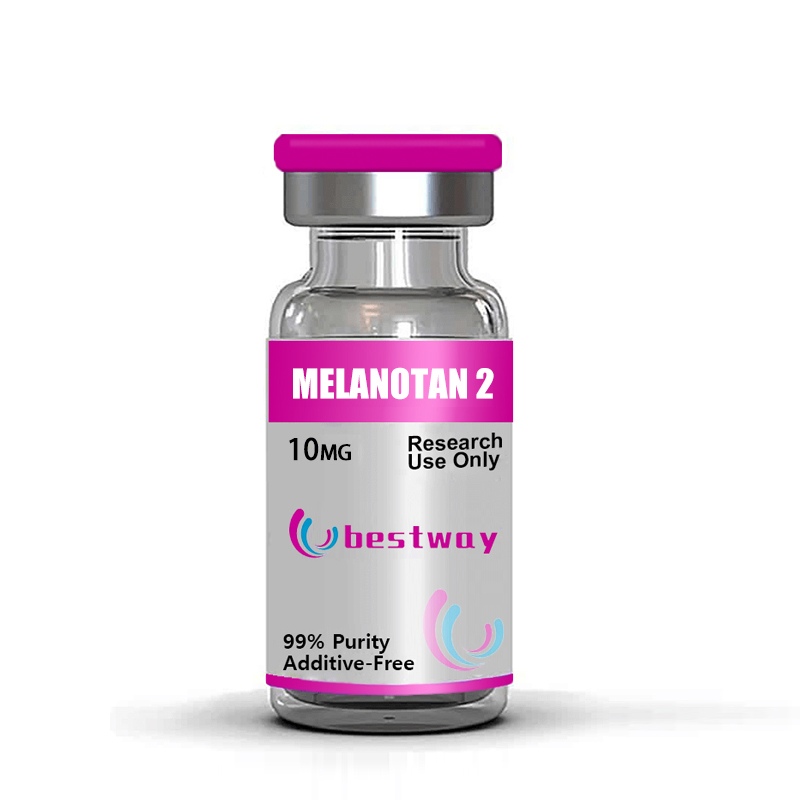Compound Class:
PeptideMechanism of Action:
Ipamorelin is a selective growth hormone secretagogue and ghrelin receptor agonist that triggers and stimulates growth hormone production by mimicking ghrelin. It binds to ghrelin receptors, stimulating growth hormone release, and inhibits somatostatin and suppresses its effects.
Notable Studies:
· Ipamorelin, the first selective growth hormone secretagogue· The growth hormone secretagogue ipamorelin counteracts glucocorticoid-induced reductions in bone formation in adult rats
· The GH secretagogues ipamorelin and GH-releasing peptide-6 increase bone mineral content in adult female rats
What is ipamorelin?
Ipamorelin is a laboratory-made compound known as growth hormone-releasing peptide. It stimulates the body to release growth hormone, which promotes systemic growth of muscle, bone, vascular system, and other cells and body tissues.Ipamorelin is unique among growth hormone-releasing peptides in that, unlike most growth hormone-releasing peptides, it does not activate the body's natural stress response. This gives ipamorelin an advantage over similar compounds.
However, research on ipamorelin is lacking, and there is little clear information about its potential side effects or the dosage that is most beneficial to subjects.
What does ipamorelin do?
Ipamorelin is a growth hormone-releasing peptide. It stimulates the pituitary gland to release growth hormone, which promotes cell and tissue proliferation. Ipamorelin works similarly to growth hormone-releasing peptide, which also stimulates growth hormone.Ipamorelin is a synthetic drug that is made up of 5 amino acids with the following amino acid structure: H-Aib-His-D-2Nal-D-Phe-Lys-NH2 and chemical structure: C38H49N9O5.
Ipamorelin is a growth hormone-releasing peptide mimetic that binds to the growth hormone-releasing peptide receptor in the pituitary gland and stimulates the release of the intermediate hormone, growth hormone-stimulating hormone. Growth hormone-stimulating hormone then signals the release of growth hormone.
However, ipamorelin has distinct advantages over other growth hormone-releasing peptide mimetics. While other drugs also activate the body's stress response, causing many other physical and biochemical changes in the body, ipamorelin is extremely targeted. It does not appear to activate the stress response, making it more of a "pure" growth hormone-releasing peptide.
Ipamorelin Benefits | Clinical Trials
Ipamorelin has a variety of potential benefits that stem from its effects on growth hormone. Ipamorelin stimulates the ghrelin receptor, a hormone that signals the pituitary gland to release growth hormone.Ipamorelin is of interest because, unlike other growth hormone-releasing peptides, it is highly targeted to growth hormone and has minimal effects on other hormones or biochemical processes.
Promotes Bone Growth:
Some animal studies have noted the bone growth-stimulating effects of ipamorelin.One study found that ipamorelin administration could counteract glucocorticoid-induced skeletal muscle catabolism.
A similar study noted that female rats given ipamorelin had increased bone mineral content, indicating stronger, denser bones.
Additionally, in one of the earliest studies conducted on ipamorelin (published in 1999), researchers found that taking ipamorelin actually seemed to increase the length of rats’ long bones, particularly the tibia (leg bone).
These findings have important implications for future research in areas such as anti-aging, developmental delays, injury recovery, and women’s health, as women are at increased risk for decreased bone density as they age.
Stimulate Muscle Growth:
One of the most widely known effects of ipamorelin is its ability to stimulate muscle growth. Considering that ipamorelin and other growth hormone-releasing peptides are banned for use in competitive sports, there may indeed be a link between muscle growth and ipamorelin.However, published scientific studies have not definitively proven this effect.
Researchers have found that ipamorelin can stimulate the smooth muscle lining the digestive tract, helping food pass through the digestive system more quickly.
Regardless, this is a far cry from the effects on skeletal muscle reported by some independent researchers.
However, the aforementioned study, which suggests that ipamorelin can neutralize the negative effects of glucocorticoids on bone, found similar results for skeletal muscle. The researchers found that rats given ipamorelin and glucocorticoids had significantly stronger muscles than rats given glucocorticoids alone.
Improving Blood Vessels:
Ipamorelin has similar effects to the hormone ghrelin that occurs naturally in the body.Ghrelin may stimulate angiogenesis, the growth of new blood vessel networks. Researchers noticed this when they found that mice lacking ghrelin had fewer blood vessels in their white fat tissue than other mice.
Since ipamorelin is a ghrelin analog, it may have this effect as well—which is very interesting to researchers of heart health and body function. However, to date, ipamorelin has not been found to produce this effect after administration.
Increases Collagen Synthesis.
Some studies suggest that ghrelin may help promote the growth, regeneration, or repair of cartilage, joints, and skin, thanks to its potential effects on collagen, the elastic protein matrix that makes up much of these tissues.
Description:
Ipamorelin is a fascinating peptide that is uniquely selective for growth hormone (GH) secretion and has been the subject of various scientific studies aimed at understanding its mechanism in the growth hormone pathway. Studies have observed that its primary effect is to mimic the natural ability of ghrelin to stimulate the pituitary gland, thereby potentially enhancing growth hormone secretion. This property has intrigued researchers who want to explore the regulation of growth hormone without the broader effects typically associated with other growth hormone releasing peptides.Explorations into ipamorelin have included studying its potential to affect body composition, particularly in promoting muscle mass gain. Studies have carefully evaluated its efficacy in stimulating growth hormone release, observing its effects on various metabolic functions. This research aims to gain a deeper understanding of how ipamorelin can be used to modulate growth hormone secretion and its subsequent effects on metabolic processes. These scientific studies are critical to improving our knowledge of peptide-based interventions for growth hormone regulation, and we focus on the properties of the peptide and its direct effects on the growth hormone pathway.


